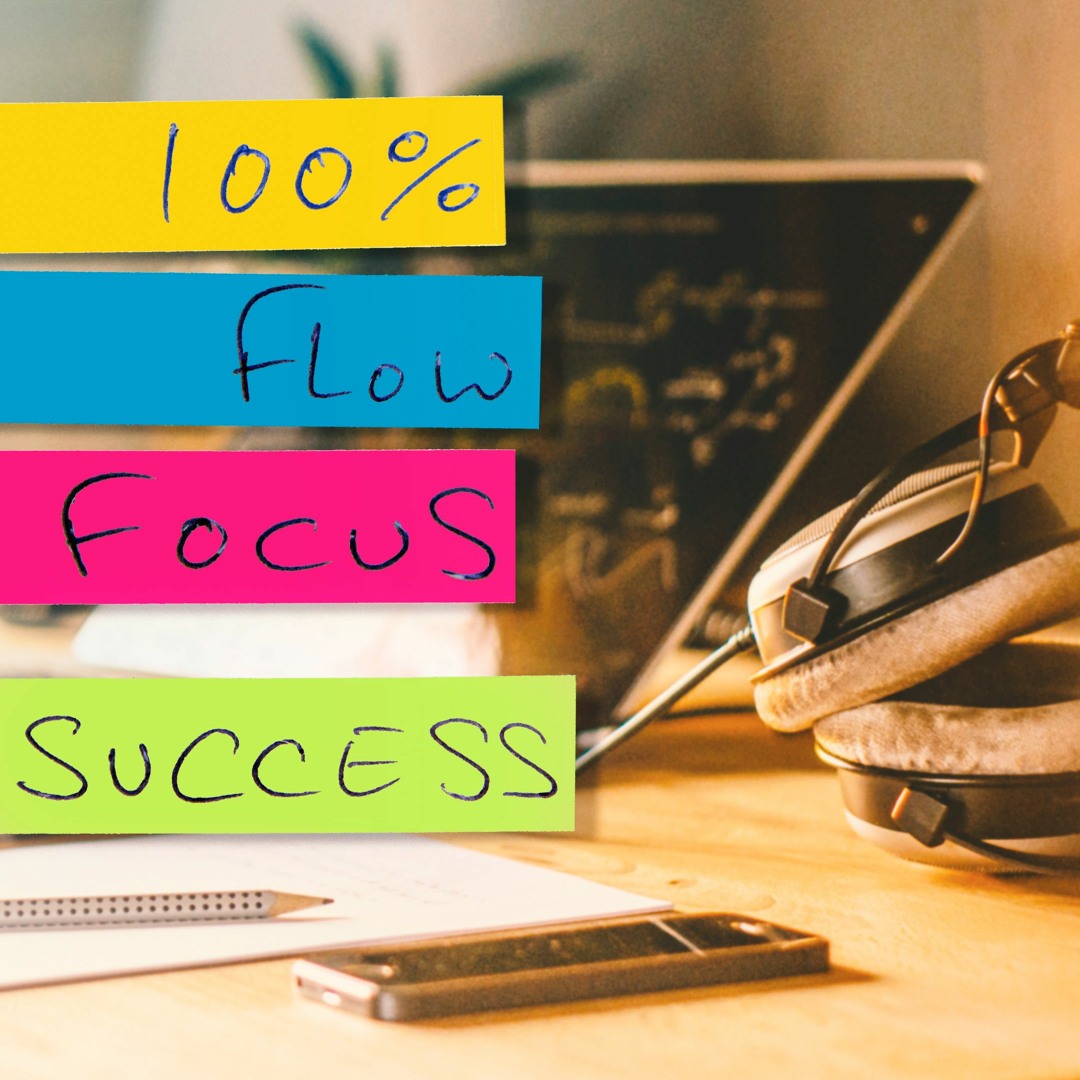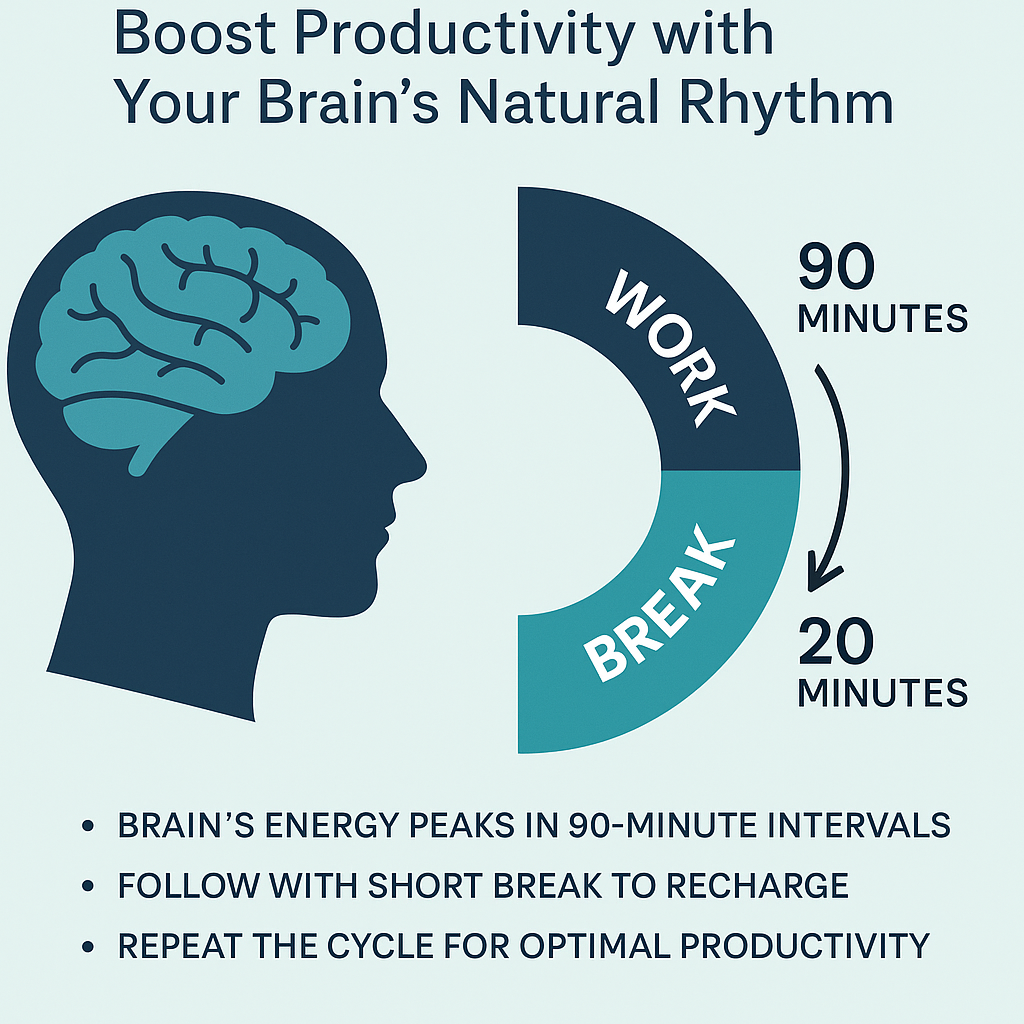📘 Why You Should Ditch Multitasking: The Science of Deep Focus
In today’s world of distractions, multitasking has become a badge of honor — but what if it’s silently killing your productivity? Research shows that deep focus is far more powerful, especially when it comes to learning and creating meaningful work.
At MindFactual, we break down the science of deep focus, why your brain craves it, and how you can master it to become sharper, faster, and more effective.
🔬 The Myth of Multitasking
Multitasking makes us feel productive, but according to Stanford University, it actually reduces efficiency and brain performance. Constant task-switching can cause:
- Cognitive overload
- Increased errors
- Mental fatigue
- Poor memory retention
“When you multitask, you’re not actually doing multiple things at once. You’re switching rapidly between them — and that comes with a cost.”
🎯 What Is Deep Focus?
Deep focus (also known as “deep work”) is the ability to concentrate without distraction on a cognitively demanding task. When you tap into this mental state, your brain enters a high-performance zone where:
- Ideas flow naturally
- You retain information longer
- You complete complex tasks faster
- Stress decreases as clarity increases
🧪 Scientific Support for Deep Focus
A University of London study found that people who multitask while working lower their IQ as much as someone who stayed up all night. In contrast, deep focus sessions:
- Improve learning speed by up to 50%
- Strengthen neural connections
- Increase dopamine release (the brain’s “reward chemical”)
Deep focus isn’t just about doing more — it’s about thinking smarter.
✅ How to Cultivate Deep Focus
Here are some research-backed ways to train your brain for deeper focus:
🕒 1. Time-Block Your Schedule
Dedicate specific time windows for intense, distraction-free work.
Try the Pomodoro Technique: 25 minutes of work, 5-minute break.
📵 2. Remove Digital Distractions
Use apps like Forest or Freedom to block websites and notifications.
🎧 3. Use Focused Music or Silence
Binaural beats and low-tempo instrumental music can help trigger flow states.
💡 4. Prioritize Sleep & Nutrition
Sleep-deprived brains can’t focus deeply. Eat brain foods like walnuts and eggs (check out our post on brain-boosting snacks!).
🪑 5. Create a Minimal Workspace
Clutter in your environment creates clutter in your mind.
💬 Final Thoughts from MindFactual
Multitasking may seem efficient, but it’s a productivity trap. The real power lies in mastering deep focus — your gateway to better study sessions, higher creativity, and a more fulfilling work life.
At MindFactual, we believe in empowering your brain with facts that matter. Ditch multitasking, train your focus, and unlock your brain’s full potential.
🧠 Product You Might Need for Deep Focus:




